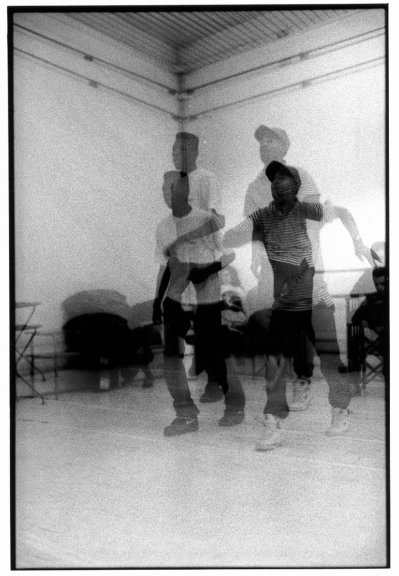6.12.25 — 10:35
Salle Boris Vian, La Villette
Getting Funded: Obstacles, inequities and the role of private giving in Hip Hop dance
10:35 – 35 min. Changed scheduled
by Georgina Harper
Hip hop artists face precarious, low-paid, project-based work and struggle to secure sustained funding (Desmond, 2017; Foster, 2019; McRobbie, 2016). Despite growing recognition, they encounter economic, systemic, and cultural funding barriers (Bennett, 2022). While Hip Hop artists are highly skilled at securing commercial collaborations, these can be exploitative and compromise artistic agency. Philanthropy offers an alternative, but private fundraising techniques are outdated and misaligned with hip hop culture. In addition artists must navigate complex ethical concerns (McGoey, 2016; Vallely, 2020; Sherwin, 2019). This research explores private funding’s role in hip hop dance, aiming to understand its cultural economy and develop alternative fundraising models that better reflect the art form’s distinctive identity.
CANCELLED
"From Crews to Ego? Breaking, Battles, and the Colonization of the Lifeworld "
by Frédéric Vandermoere and Camine Van Hoof
Innovative Practices and Chinese Characteristics in China’s Break Dance Preparations for the Paris Olympics
11:10 – 35 min.
by Xiaofen Li
The inclusion of breaking in the Paris Olympics marks a milestone for this street-born sport. For China, it represents not only a competitive breakthrough but also an opportunity to showcase cultural soft power and modernized sports governance. Guided by the Outline for Building a Leading Sports Nation, China has established a “new nationwide system” under government leadership, societal collaboration, and market-driven dynamism, integrating institutional innovation, training evolution, technology, cultural synergy, and talent development. The Paris Olympics has tested this model, offering highlighting China’s specific approach to emerging sports.
Panel discussion
Cultural Transmission: What’s at Stake for Hip Hop Dance Training Programs ?
13:30 – 75 min.
by Camille Thomas Konate
with Cédric Gros, Dieynébou Fofana-Ballester, Pierre «Somy King » Mendy and Neil Tendart
At a time when hip hop culture is experiencing global development, where its dances are found not only in social scenes and competition contexts but on stage, in videos, on social media, and largely practiced and transmitted in spaces dedicated to dance training, many dancers worry about the detachment of “the art” from “the culture.” Many formal programs, schools, and conservatories offer curricula in hip hop dance. How can we preserve and transmit hip hop identity, history, and culture in these more “academic” learning contexts ? How can we navigate between teaching frameworks and freedom without distorting the fundamental values of hip hop culture in these structured learning settings ? How do approaches and methods from other techniques and disciplinary fields inform dance programs offering training in hip hop ? How is the figure of the hip hop dance teacher—traditionally occupied by peers, often older peers, in more informal learning practices—now being transformed ?
